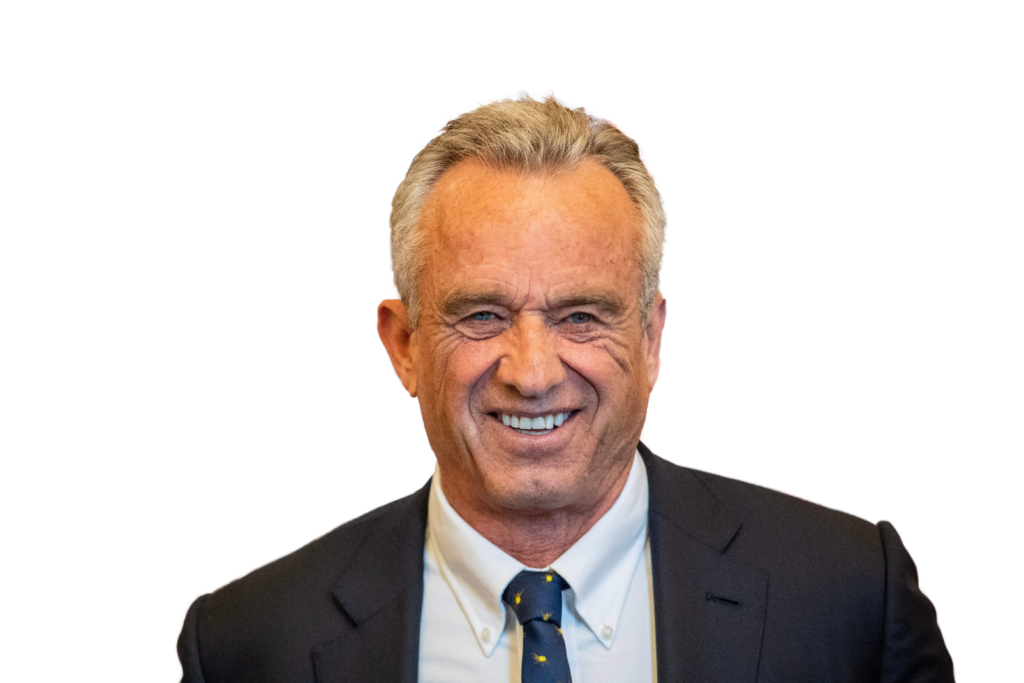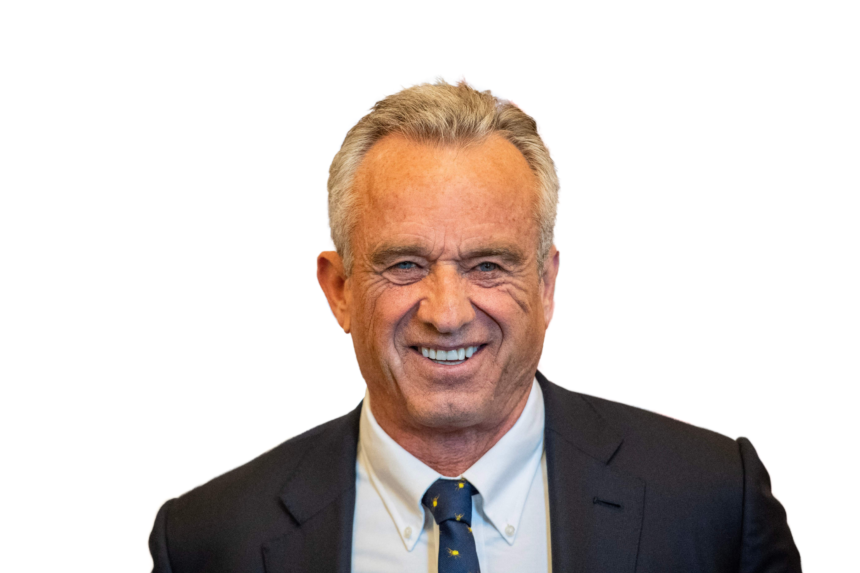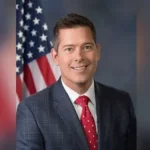Robert F. Kennedy’s Legacy 5 Ways His Vision Still Inspires Modern America also known as “Bobby,” was a leader who tirelessly championed justice, equality, and human rights. His vision and efforts made a lasting impact on American society, and his ideas still resonate today. Here are five key ways RFK’s vision still inspires modern America.
 1. Advocating for Civil Rights and Racial Equality
1. Advocating for Civil Rights and Racial Equality
Robert F. Kennedy’s commitment to civil rights was rooted in a deep sense of empathy and justice. He was not afraid to confront institutional racism and actively sought to remove obstacles faced by marginalized communities. When riots broke out after the assassination of Martin Luther King Jr., RFK took to the streets and spoke directly to people with compassion and calm. His words helped ease tensions and demonstrated his belief in the power of dialogue over violence. Today, as the fight for racial equality continues through movements like Black Lives Matter, RFK’s sense of humor and sense of action provide a blueprint for modern activists.
2. Advocating for economic justices
RFK was ahead of his time in understanding the socioeconomic forces that trap people in poverty. Robert F. Kennedy’s His visits to poor areas like the Mississippi Delta, Appalachia, and urban ghettos weren’t mere photo opportunities—they were a genuine attempt to see and understand the reality of poverty in America. He advocated for a more equitable distribution of wealth and improved social programs, recognizing that economic opportunity was essential to true freedom. Today, as wealth inequality continues to grow, his approach inspires leaders to address poverty through comprehensive policies that provide a real path to upward mobility.
3. Promoting peace and nonviolence
RFK’s commitment to peace was tested during some of the most turbulent times in American history. He spoke with conviction about the importance of diplomacy and restraint when violence and war seemed inevitable. While running for president, RFK opposed the Vietnam War because he understood the deep emotional and economic toll it would take on American families. His stance matches today’s anti- war advocates, who emphasize diplomatic solutions rather than military intervention, reminding us that peace is not just a dream but a realistic and necessary goal for a stable society.
RFK’s commitment to peace was tested during some of the most turbulent times in American history. He spoke with conviction about the importance of diplomacy and restraint when violence and war seemed inevitable. While running for president, RFK opposed the Vietnam War because he understood the deep emotional and economic toll it would take on American families. His stance matches today’s anti- war advocates, who emphasize diplomatic solutions rather than military intervention, reminding us that peace is not just a dream but a realistic and necessary goal for a stable society.
4. Empowering Young People
Robert F. Kennedy recognized that young people were not only the future, but a powerful force in the present. He frequently visited college campuses, talking with students about topics that were important to him—civil rights, war, poverty, and equality. His speeches encouraged young people to act on their beliefs and not be afraid to challenge the status quo. This message is especially relevant today, as young people are leading social movements from climate action to social justice. RFK’s belief in the potential of youth continues to empower a generation that is reshaping American politics and society.
Robert F. Kennedy recognized that young people were not only the future, but a powerful force in the present. He frequently visited college campuses, talking with students about topics that were important to him—civil rights, war, poverty, and equality. His speeches encouraged young people to act on their beliefs and not be afraid to challenge the status quo. This message is especially relevant today, as young people are leading social movements from climate action to social justice. RFK’s belief in the potential of youth continues to empower a generation that is reshaping American politics and society.
5. Promoting unity in a time of division
At a time when America was facing deep divisions, RFK’s message was one of unity and compassion. He appealed to the “better angels” of people’s nature, urging Americans to find common ground and address issues together rather than tearing each other apart. When his own campaign brought him to racially diverse neighborhoods, he did not avoid tough conversations but invited everyone to join him. Today, in an age of social media echo chambers and extreme polarization, RFK’s vision of building bridges instead of walls resonates more than ever, providing a model for creating a cohesive and united society.
A legacy that inspires action
RFK’s legacy reminds us that leadership is about empathy, courage, and the relentless pursuit of justice. He was a visionary who saw beyond his time, and his ideas have only grown in relevance as America grapples with issues of inequality, violence, and division. From grassroots activists to leaders in government, people across the country look to RFK’s example as a guide for ethical, inclusive, and compassionate action.
Robert F. Kennedy once said, “Every time a man stands up for an ideal, or works to improve the condition of others, or speaks out against injustice, he sends forth a little ripple of hope.” His life and work created countless ripples that inspire those who dare to dream of a better America and a better world.
A Call to Service and Action
Robert F. Kennedy believed that every person had the power and responsibility to make a difference. He saw public service as a noble duty and encouraged others to think beyond themselves, to consider how their actions could contribute to a better society. Today, his words resonate with those committed to public service and volunteerism, reminding us that change often begins at the individual level. RFK’s belief in serving others inspired people to work in nonprofits, community projects, and social initiatives, creating waves of positive change across the country.
Standing Firm in Times of Adversity
Faced with personal tragedy and national crises, RFK showed extraordinary resilience and grace. He stuck to his principles even in the face of political opposition, personal loss, and criticism. This resilience reminds Americans today that standing up for what is right isn’t always easy, but it’s always worthwhile. His legacy teaches us that the path to progress is often challenging, but remaining committed to justice, peace, and compassion is the true mark of a leader.
Advocating for the dignity of all people
RFK understood that dignity — recognizing the intrinsic worth of each person — was central to achieving a just society. He believed in amplifying the voices of the marginalized, the oppressed, and the disenfranchised. In a world where issues like mental health, homelessness, and the refugee crisis dominate headlines, RFK’s emphasis on dignity urges us to consider these issues with empathy and action. His vision challenges us to create a society where every person, regardless of background, is treated with respect and has access to the opportunities they need.
A vision rooted in hope
Perhaps the most enduring part of RFK’s legacy is his unwavering belief in hope. In his iconic “Waves of Hope” speech, he emphasized that even the smallest act of courage or kindness can create waves of positive change. In an era where the challenges can seem overwhelming, RFK’s message of hope encourages us not to succumb to pessimism but to act, no matter how small our efforts. His vision reminds us that every voice, every act of kindness, and every striving for justice contributes to building a better future.
The Spirit of Robert F. Kennedy in Today’s America
RFK’s life and work continue to serve as a moral compass for a nation that, decades later, faces the same challenges he fought to address. From economic inequality to social injustice, RFK’s legacy provides not only a source of inspiration but a roadmap for how to address these issues with courage, compassion, and conviction. His vision encourages all of us to become active participants in shaping a society that is more just, more united, and more compassionate. Robert F. Kennedy In remembering Kennedy, we are reminded that we all have the capacity to become agents of change, to create our own “waves of hope” and to leave the world a better place than we found it.












